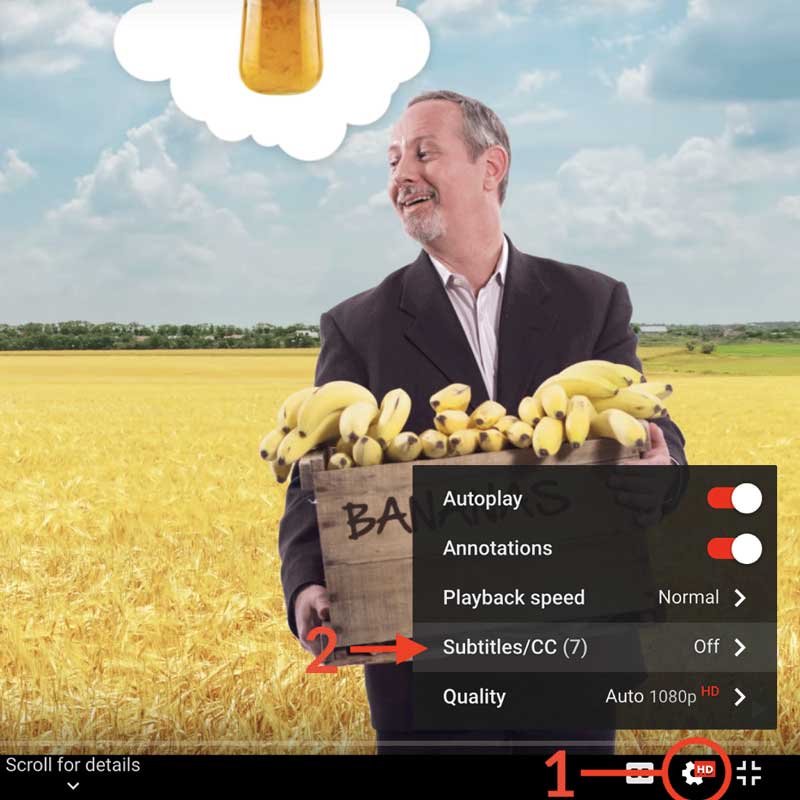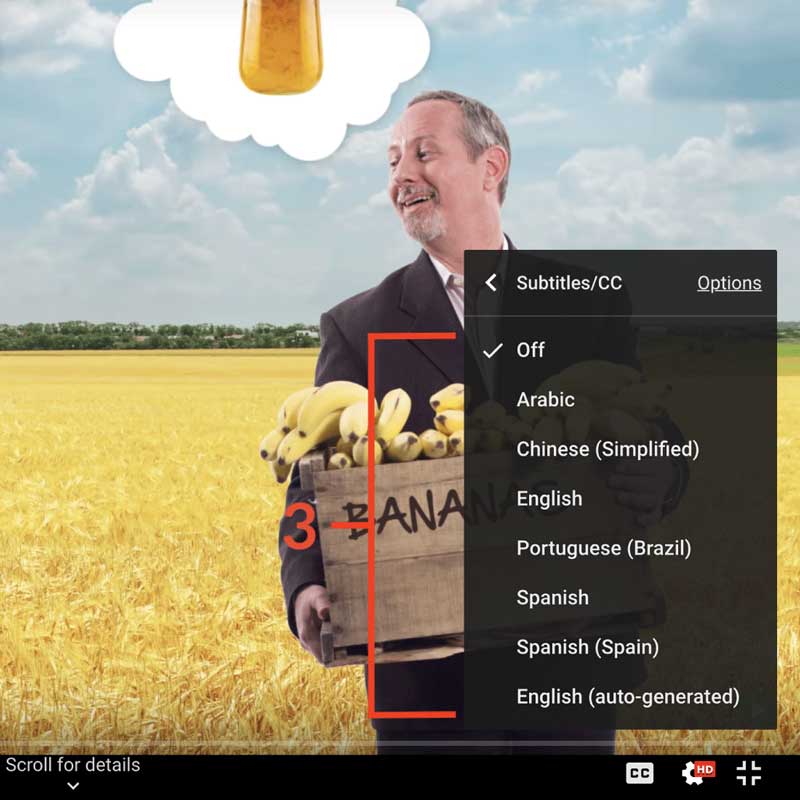Why Do Governments Enact Price Controls?
Course Outline
Why Do Governments Enact Price Controls?
If price controls have negative consequences, why do governments enact them? Let’s revisit our example of President Nixon’s wage and price controls in the 1970s. These price controls were popular, as is demonstrated by Nixon being re-elected after they went into effect. The public didn’t think that the price controls were to blame for things such as long lines at the fuel pump. Without knowledge of the economics behind price controls, the public blamed foreign oil cartels and oil companies for the shortages.
In this video we’ll also address questions such as: do price controls — like rent controlled apartments and the minimum wage — help the poor? Are there better ways to help the poor? If so, what are they? Let’s find out.
Teacher Resources
Related to this course
See all Teacher Resources related to this course
Transcript
So far, we've looked at a number of the consequences of price controls, both price ceilings and price floors. And most of the consequences, they're not very good. Why do governments enact price controls? We won't be able to cover all of the reasons here, but let's cover a few of the big ones.
Do you remember how we began this series of lectures? With President Richard Nixon, imposing wage and price controls throughout the US economy in August of 1971. Now again, this was one of the largest peacetime interventions into the economy ever. It was a massive policy with many, many severe and serious consequences, but I haven't yet told you the rest of the story.
Here's the rest of the story. In November of 1972, Nixon won re-election in a landslide. So, wage and price controls were popular. Nixon was re-elected with this policy as well as with others. Now, why is this? I think in many cases, in a majority of cases, the public simply did not connect wage and price controls with their consequences. So, looking around and the shortages, the long line-ups for gasoline, they didn't say the cause of that is the price control.
What did they think the cause was? Well, if you look at surveys from that time, what was the cause of shortages? Well, people would say it's OPEC, it's the Arabs, it's the foreigners, it's the greedy oil companies. They're the ones causing the shortage. In fact, we know that although these might be good explanations in some sense for high prices, they're certainly not good explanations for a shortage. In a free market, we would never see a shortage. The cause of the shortage was the price control, but the public didn't see that. The public did not have the benefit of the great economics education which you're receiving today. Moreover, this was not just true for the American public, but for people around the world.
Let's take another example. Here's another example of price control on oil. In 2003, Iraq fixed the price of gasoline in the country at five cents per gallon. Great, great, cheap gasoline, right? Well no, of course, there were shortages and long lines, just as in the United States during the 1970s. Indeed, this picture looks like it might be from the United States in the 1970s, except perhaps, for this guy back here. In fact, it is a picture from Iraq. Now, whom did the Iraqis blame? Did they blame the price control? No. In fact, just like the Americans in the 1970s, they blamed foreigners; except, this time they blamed the Americans. They said, well the Americans are shipping all of the oil out. Of course, the real cause of the shortage was the price control at five cents per gallon of gasoline.
Now, one might agree with everything we've said here so far but still have the feeling that maybe price controls help the poor, and for some of the poor this is probably true. Rent controls, for example, they help people who have rent-controlled apartments, but they make it more difficult to get an apartment. There's a real trade-off there. Moreover, many people with rent-controlled apartments are not poor. There are lots of rich people in New York City who have rent-controlled apartments and who won't give them up because they're a great deal. So rent control is not a very targeted approach to helping the poor.
Same kind of thing is true about minimum wages. Minimum wages help workers who keep their jobs at the higher wage, but they don't help those who can't find a job and who are made unemployed by their higher wage. Again, there's a trade-off. Perhaps, even taking into account the trade-off, workers would still like minimum wages but not everybody is benefited. Moreover, many people with minimum wage jobs are not truly poor.
For example, students and young people often living at home, often with part-time jobs and so forth. This is not to say that we don't care about students and young people. It's simply to say that the minimum wage is not very targeted. It doesn't target the poor. It targets people who have minimum-wage jobs, and not all of them are poor by any means whatsoever. Some of them are just young and starting out in the job force.
Moreover, the response here to minimum wages and rent controls is not necessarily that we shouldn't do anything, but rather that there may be better ways to help the poor. Housing vouchers, for example, are targeted to poor people and allow them to pay more for their rent. They allow them to buy any apartments any place and so forth, but they add to the purchasing power of poor people for their rent. We've a large housing voucher program in the United States, and it's been very successful.
Similarly, wage subsidies are maybe a better approach to helping the poor than is the minimum wage. We looked at this once before. Let's very briefly take another look at wage subsidies versus the minimum wage. Remember how we analyzed the wage subsidy by putting the subsidy wage into the diagram and finding that the wage subsidy increases the wage received by workers at the same time as it reduces the wage paid by firms. The difference being made up by the subsidy.
One of the things about the wage subsidy, of course, it costs the tax payers when a minimum wage does not. But notice that the wage subsidy increases employment to QS. On the other hand, a minimum wage at the same wage of $12 as happens with the wage subsidy, well that actually reduces employment to QD.
So there may be better ways of helping the poor than price controls. Economists believe not that we shouldn't help the poor, but rather that we should try and do it in a way which is consistent with markets, that works alongside markets, rather than trying to override markets, which often leads to unintended and negative consequences.
Subtitles
- English
- Spanish
- Chinese
- Hindi
- French
- Arabic
Thanks to our awesome community of subtitle contributors, individual videos in this course might have additional languages. More info below on how to see which languages are available (and how to contribute more!).
How to turn on captions and select a language:
- Click the settings icon (⚙) at the bottom of the video screen.
- Click Subtitles/CC.
- Select a language.


Contribute Translations!
Join the team and help us provide world-class economics education to everyone, everywhere for free! You can also reach out to us at [email protected] for more info.
Submit subtitles
Accessibility
We aim to make our content accessible to users around the world with varying needs and circumstances.
Currently we provide:
- A website built to the W3C Web Accessibility standards
- Subtitles and transcripts for our most popular content
- Video files for download
Are we missing something? Please let us know at [email protected]
Creative Commons

This work is licensed under a Creative Commons Attribution-NoDerivatives 4.0 International License.
The third party material as seen in this video is subject to third party copyright and is used here pursuant
to the fair use doctrine as stipulated in Section 107 of the Copyright Act. We grant no rights and make no
warranties with regard to the third party material depicted in the video and your use of this video may
require additional clearances and licenses. We advise consulting with clearance counsel before relying
on the fair use doctrine.


